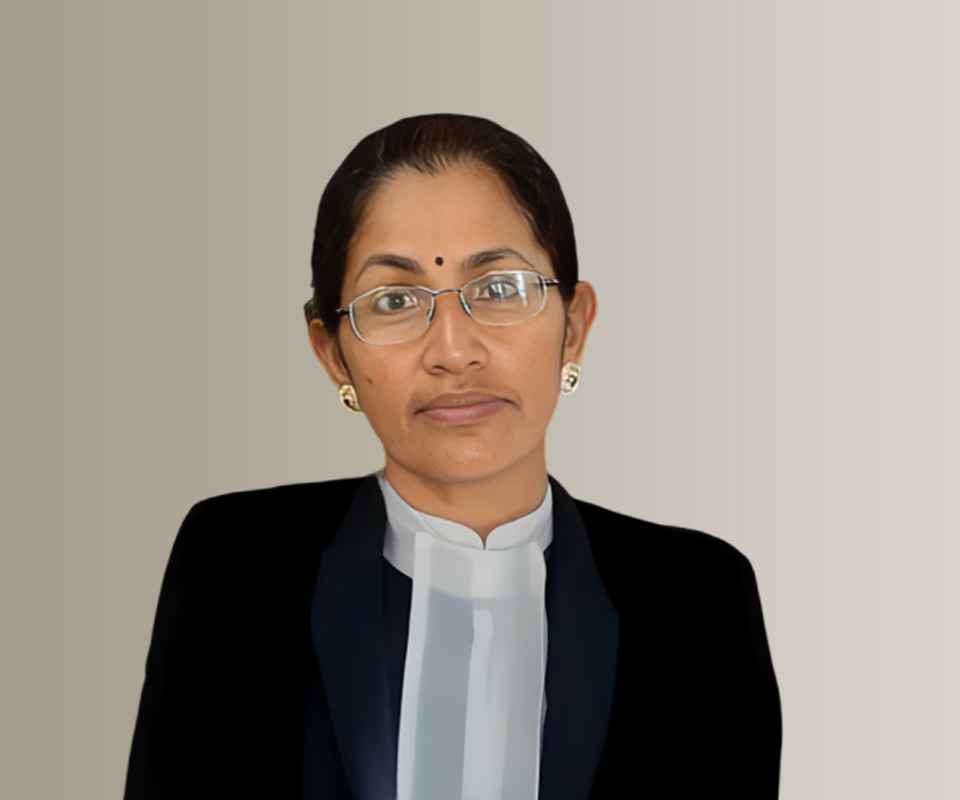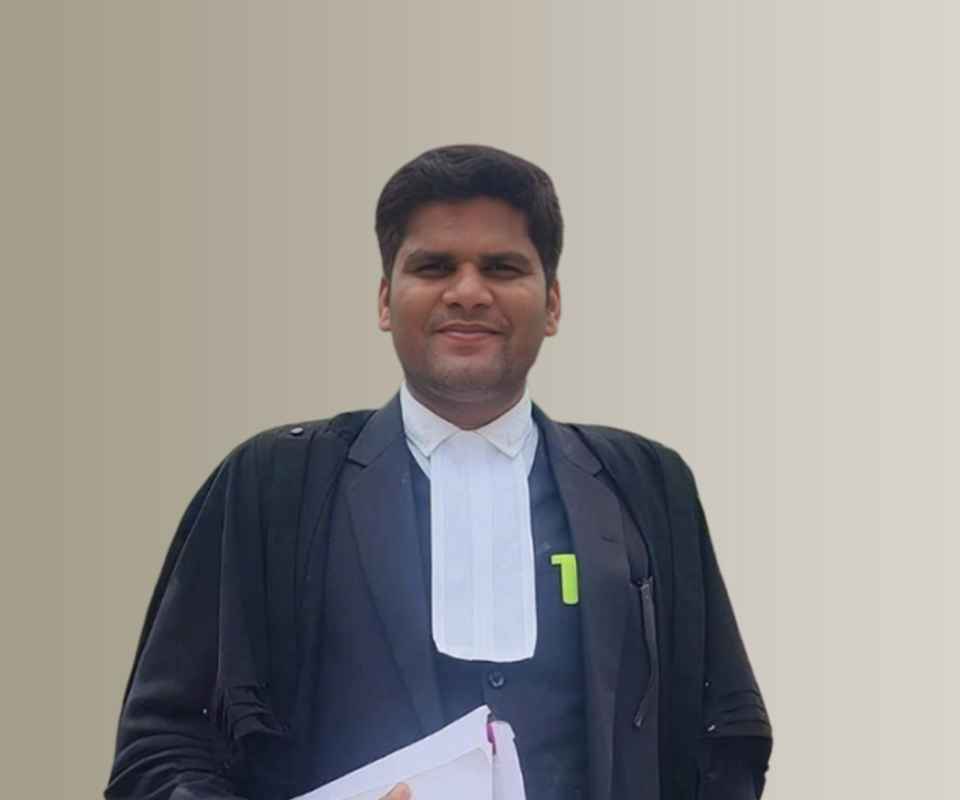Answer By law4u team
Marrying a second time without getting a divorce from the first spouse is considered a serious offense under Indian law, specifically classified as bigamy. According to Indian marriage laws, a person is legally bound to remain married to their spouse unless a divorce or annulment has been obtained. If someone remarries while their first marriage still exists legally, it can lead to both criminal charges and civil consequences. This situation is addressed under Section 494 and Section 495 of the Indian Penal Code (IPC).
What Happens If You Marry A Second Time Without Divorcing The First Spouse?
Bigamy Under Indian Law:
Definition of Bigamy:
Bigamy occurs when a person marries someone else while still being legally married to their first spouse. Under Section 494 of the IPC, bigamy is a criminal offense. The law prohibits anyone from contracting a second marriage during the lifetime of their first spouse unless the first marriage has been legally dissolved by divorce or annulment.
Criminal Consequences:
According to Section 494 of the IPC, if a person marries again while their first marriage is still valid and legal, the second marriage is considered void and the individual can be punished with imprisonment for up to seven years and/or a fine. This law applies regardless of whether the second marriage was conducted in good faith or not.
Section 495 of IPC:
If the second marriage is conducted with the knowledge of the first spouse and is done fraudulently, the punishment can be extended to up to ten years imprisonment. This provision is meant to address cases where a person is hiding their first marriage from the second spouse.
Impact on the Second Marriage:
Void Marriage:
The second marriage will be considered legally void unless the first marriage is dissolved. The second spouse may not have any legal rights regarding the marriage, such as inheritance or financial support, because the marriage itself was illegal under the eyes of the law.
Legal Standing of the Children:
While the second marriage may be deemed illegal, children born out of this marriage will still be considered legitimate in terms of inheritance and other legal rights under Indian law. The legal system does not penalize children for the actions of their parents.
Civil Consequences:
Invalidation of Second Marriage:
The second spouse may be entitled to file for the annulment of the marriage, making it legally null and void. The second marriage cannot stand legally as long as the first marriage is still intact.
Financial and Property Rights:
Since the second marriage is considered invalid, the second spouse may have no claims to the husband's property or assets. However, they may still have a right to claim maintenance under certain conditions if they can prove they were living with the person in a relationship akin to marriage (for example, under Section 125 of the CrPC).
Legal Recourse for the First Spouse:
Complaint Against Bigamy:
If a person discovers that their spouse has remarried without obtaining a divorce, they have the right to file a complaint with the police for committing bigamy. The first spouse can also seek maintenance under the Hindu Marriage Act or the Special Marriage Act, depending on their personal status and the jurisdiction.
Criminal Case:
The first spouse can also file a criminal case under Section 494 of the IPC. If the bigamy is proven, the guilty party can face imprisonment, even if the second spouse was unaware of the first marriage.
Example:
Example 1:
Anil is legally married to Meera, but he secretly marries Shalini without divorcing Meera. If Meera discovers this and proves the second marriage, she can file a criminal case against Anil for bigamy under Section 494 of the IPC. Anil could be punished with imprisonment for up to seven years.
Example 2:
Ravi, who is married to Priya, marries Aarti without obtaining a divorce from Priya. Priya can file for criminal defamation against Ravi for marrying again without legally ending their marriage. The second marriage with Aarti will be considered void, and Ravi may face penalties as prescribed under IPC Section 494.
Defenses Against Bigamy:
First Marriage Invalid or Annulled:
A person can defend their second marriage by proving that their first marriage was legally invalid or annulled before contracting the second marriage.
Consent or Knowledge:
If the first spouse consents to the second marriage, it may be argued that the second marriage was not conducted in violation of the law. However, even in such cases, the marriage would still need to be legally terminated before remarrying.
Challenges in Proving Bigamy:
Proof of First Marriage:
To prove bigamy, it is essential to provide proof of the first marriage and show that it was never legally dissolved before the second marriage.
Proving Malicious Intent:
In some cases, proving that the second marriage was done fraudulently or with the intention to deceive may be challenging, especially if the person had no intention to harm or cheat the first spouse.
Conclusion:
Marrying a second time without legally divorcing the first spouse is considered bigamy under Indian law and is subject to criminal prosecution. It is a punishable offense under Section 494 and Section 495 of the Indian Penal Code, carrying penalties of imprisonment and fines. The second marriage is considered void unless the first marriage is legally dissolved. Both the first spouse and the second spouse can take legal action against the individual for violating the law. Additionally, there can be serious civil consequences, such as the invalidation of the second marriage and the loss of financial or property rights. Therefore, individuals must obtain a legal divorce before entering into a second marriage to avoid facing legal repercussions.






